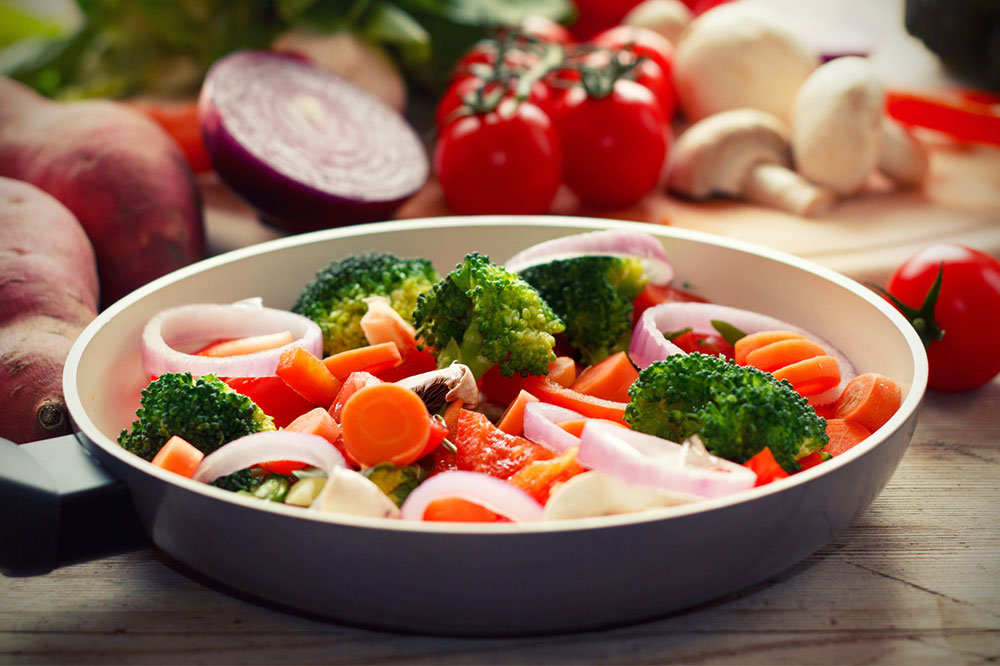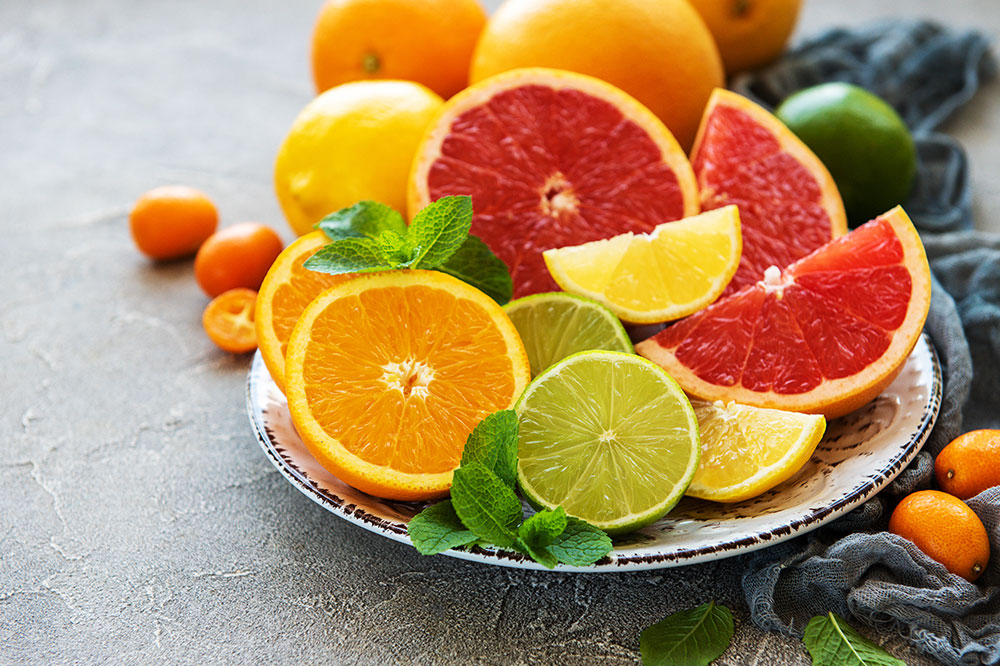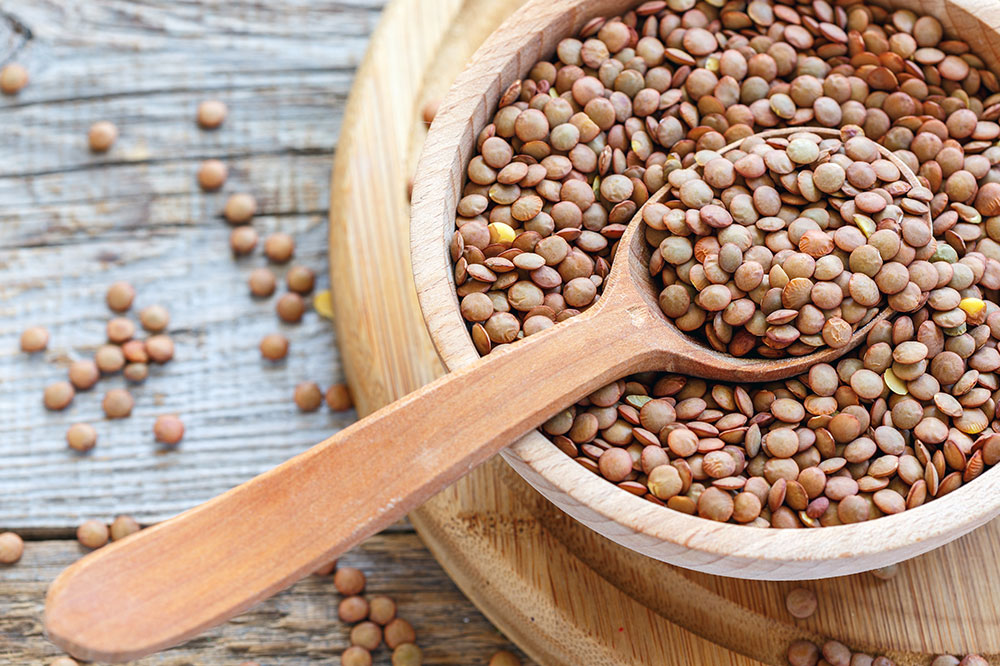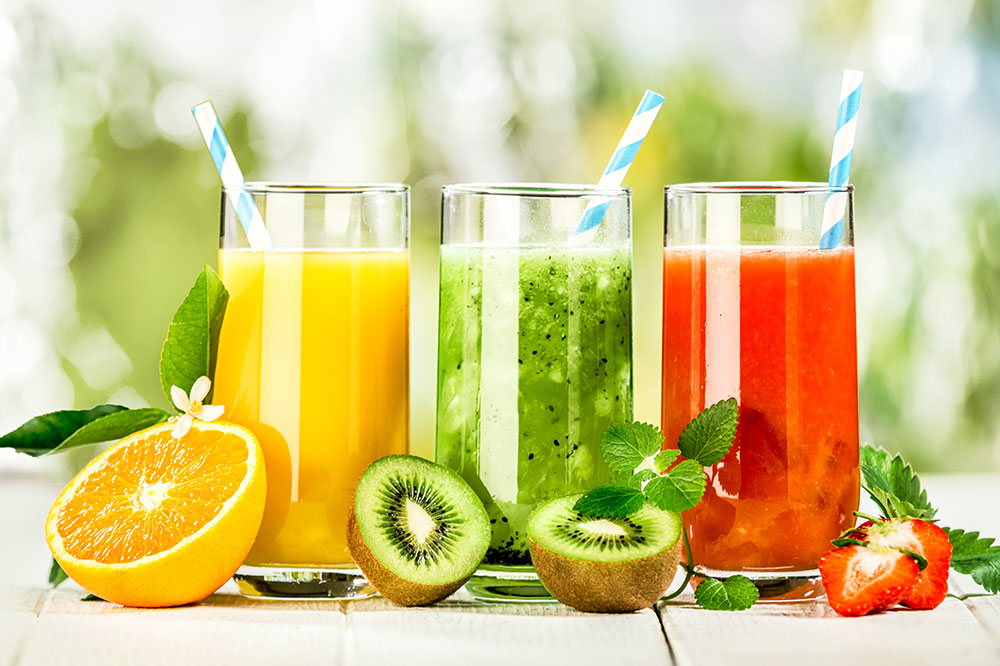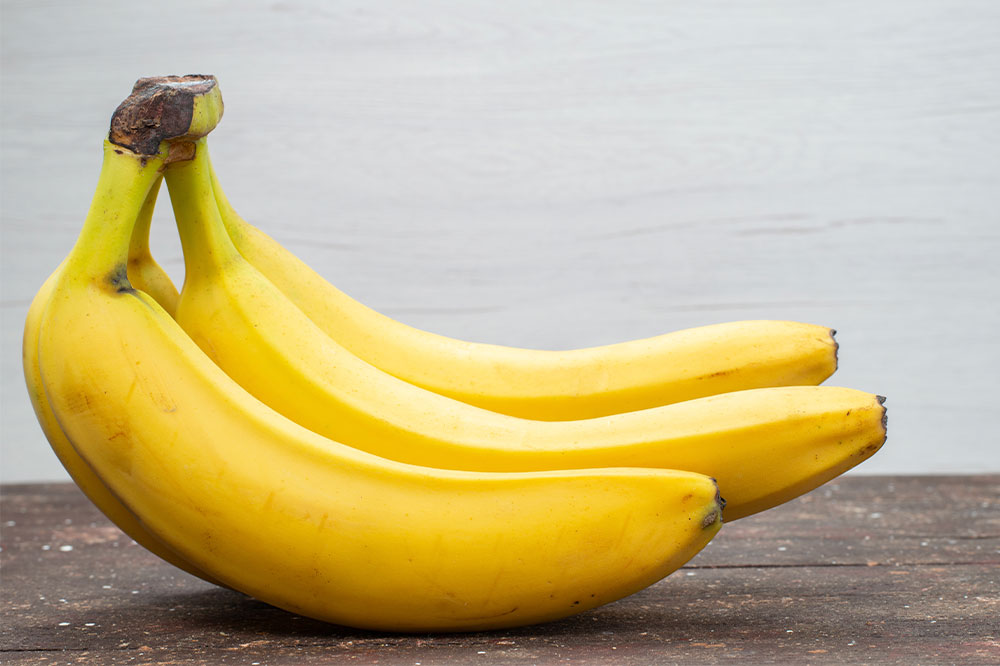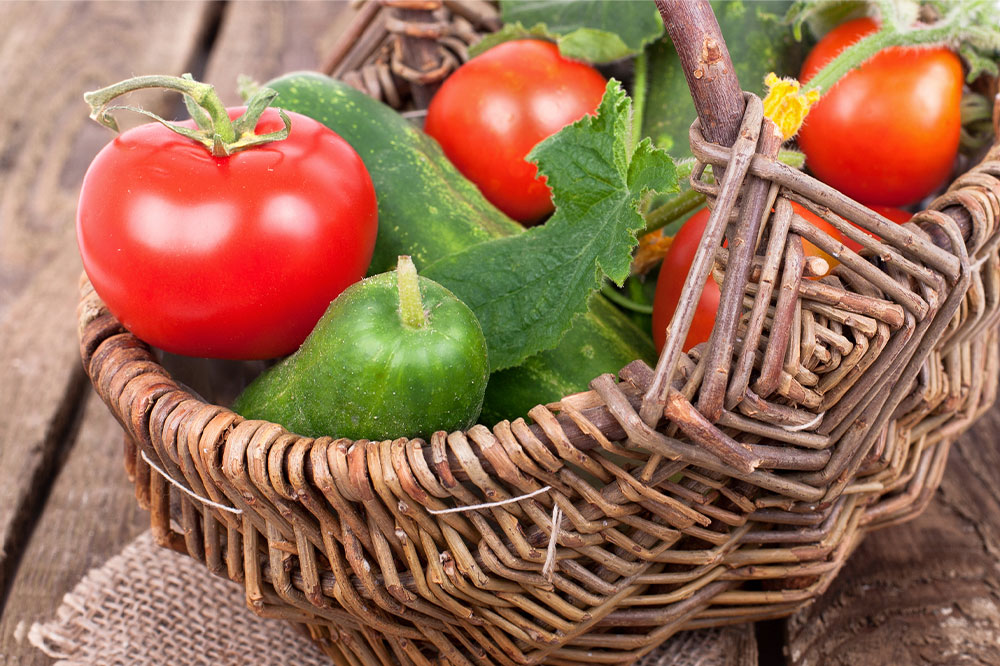Nourishing Foods to Support Bladder Health and Improve Urinary Control
This comprehensive guide explores natural foods and medications to improve bladder health and manage urinary issues. It emphasizes the importance of diet, such as bananas, pears, kiwis, and beans, in supporting bladder function. The article also reviews FDA-approved medications like MYRBETRIQ and Vibegron for persistent symptoms, offering holistic strategies for better urinary control and overall well-being.
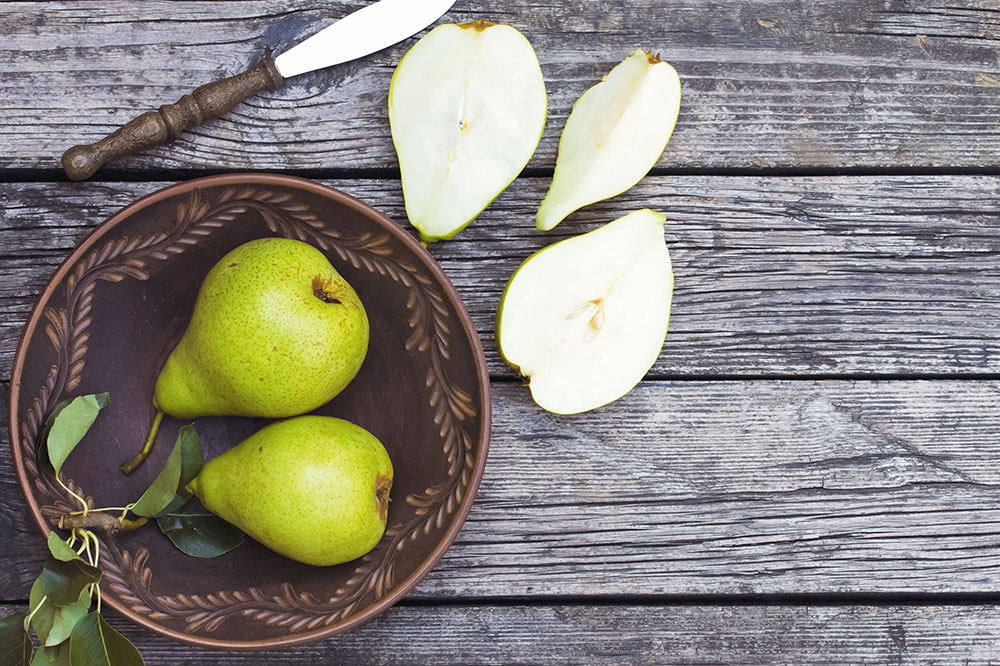
Enhance Bladder Function and Manage Urinary Issues with Nutritious Foods
The bladder is a crucial organ within our urinary system, responsible for storing urine until it can be expelled from the body. As we age, or due to certain health conditions, the efficiency of the bladder can decline, leading to common issues such as urinary incontinence, overactive bladder (OAB), and frequent urination. These problems can significantly impact daily life, causing discomfort, embarrassment, and reduced quality of life if left unmanaged.
While medical treatments and incontinence devices provide relief, incorporating specific foods into your diet offers a natural, supportive approach to maintaining bladder health. The right dietary choices can help improve bladder function, reduce symptoms, and promote overall urinary tract well-being. This comprehensive guide highlights key foods that are especially beneficial for individuals aiming to support their bladder health naturally.
Below, we explore four top foods recommended for managing bladder conditions effectively and safely, supported by nutritional science and health research.
Bananas
Bananas are a versatile fruit that play an important role in promoting digestive health and bladder comfort. Rich in dietary fiber and potassium, bananas help regulate bowel movements, reducing constipation—a common aggravator of bladder issues. Straining during constipation can increase pressure on the bladder, intensifying symptoms like urgency and leakage.
Being naturally non-acidic and gentle on the digestive system, bananas are suitable for people with sensitive bladders. Their nutrients support electrolyte balance and overall health without irritating bladder tissues. Eating bananas regularly can facilitate smooth bowel movements, which in turn alleviates undue pressure on the bladder, contributing to better control and fewer leaks.
Pears
Pears are not only delicious and naturally sweet but also packed with health-promoting nutrients. They are low in sugar, making them suitable for a urinary-friendly diet. Pears contain antioxidants that combat oxidative stress and dietary fibers that promote digestive health.
The sorbitol present in pears helps draw water into the intestines, supporting regular bowel movements and preventing constipation—a key factor in bladder health management. Incorporating pears into your daily diet can help reduce overactive bladder symptoms like urgency and frequency by maintaining bowel regularity and decreasing internal pressure on the bladder.
Kiwi
Kiwis are nutrient-dense fruits loaded with dietary fiber, vitamin C, and antioxidants. Their high fiber content aids digestion by promoting healthy bowel transit, which reduces the likelihood of constipation. Since constipation can increase bladder pressure and trigger symptoms of urgency and leakage, including kiwis in your diet can be highly beneficial.
Regular consumption of kiwis supports urinary health by encouraging efficient bowel movements and reducing the strain on the bladder. Their natural enzymes and nutrients also promote overall hydration and tissue health, making kiwis an excellent addition to a bladder-friendly eating plan.
Beans
Legumes such as beans are rich sources of soluble and insoluble fibers that help normalize bowel function. The fiber in beans softens stools and boosts bowel motility, preventing constipation—a major contributor to bladder pressure and discomfort.
Consuming beans regularly can indirectly improve bladder control by reducing urinary urgency and minimizing strain on the urinary system. Furthermore, beans provide plant-based proteins, vitamins, and minerals that support overall health and urinary tract function.
Beyond these foods, other dietary options like artichokes, figs, sweet potatoes, lentils, kefir, flax seeds, and apples can further strengthen urinary health and help manage bladder symptoms effectively.
In addition to diet, certain medications are prescribed for persistent bladder issues. Two well-established pharmaceutical treatments include:
MYRBETRIQ
MYRBETRIQ (mirabegron) is an FDA-approved medication specifically designed for adults suffering from overactive bladder symptoms, including urinary urgency, frequency, and leakage. It works by relaxing the muscles in the bladder wall, allowing the bladder to hold more urine and reducing the likelihood of sudden leaks. Typically administered once a day, MYRBETRIQ can be used alone or in combination with other therapies for optimal results.
Vibegron (GEMTESA)
Vibegron, marketed as GEMTESA, is another FDA-approved drug that targets overactive bladder symptoms by relaxing the bladder muscles. It effectively reduces urgency, frequency, and incontinence episodes. Taken once daily, Vibegron helps improve bladder capacity and offers a non-invasive treatment option for those seeking symptom relief without surgery or invasive procedures.
